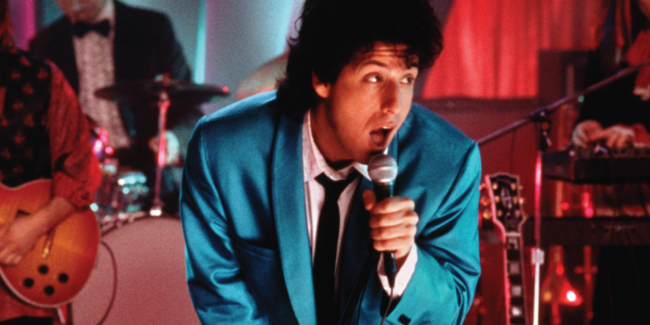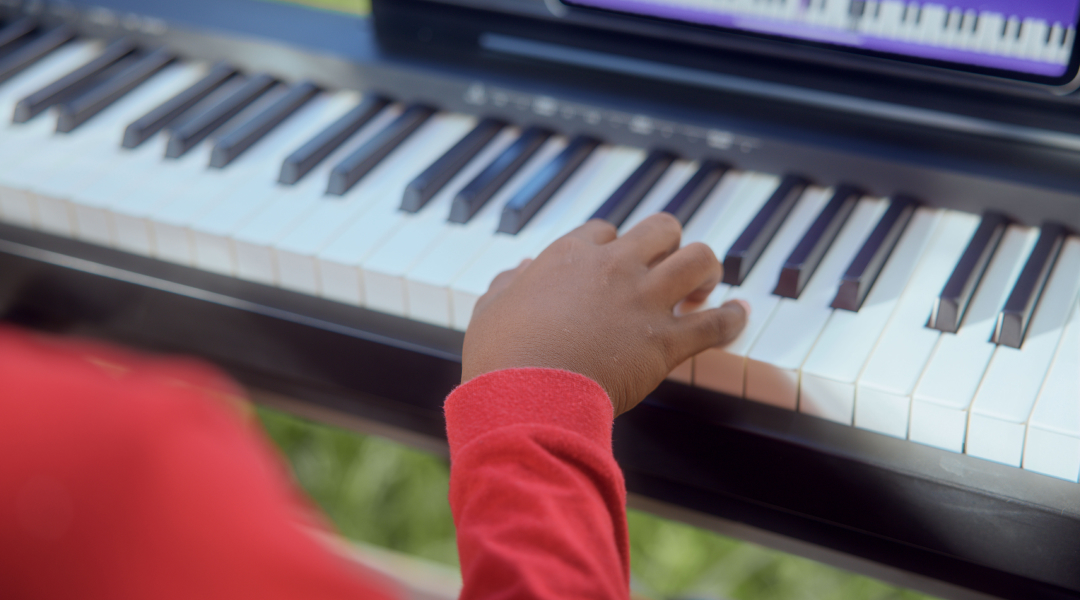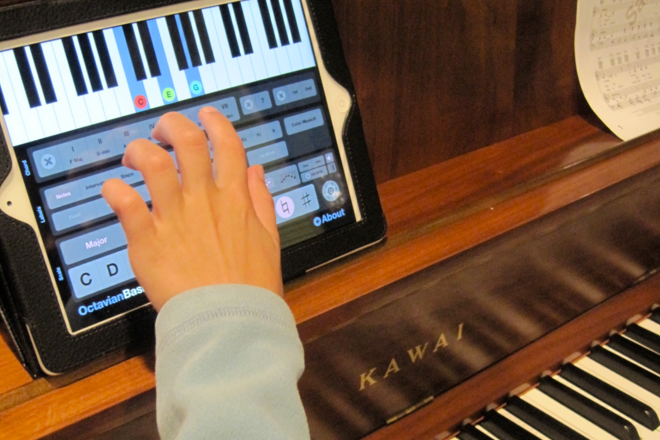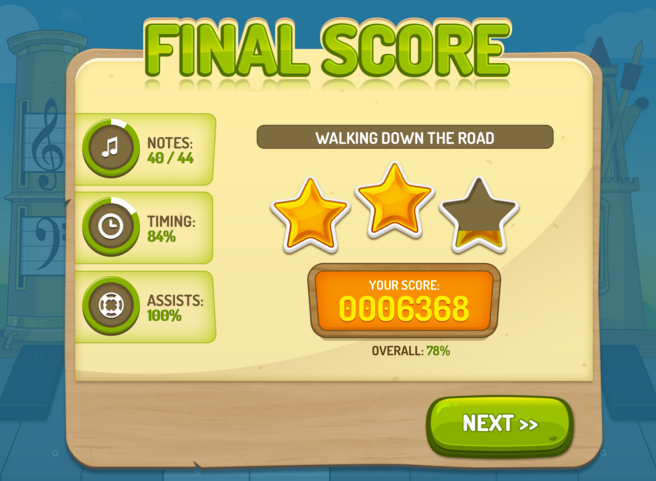How to Write a Wedding Song

Composing a wedding song? It’s essential to do it right, which can be hard to do. Here’s how to write a wedding song that leaves a lasting impression.
Writing and playing a wedding song is a big deal whether you’re a professional musician, a campfire hero, or a backup spoons player.
You’re contributing to someone’s big day in a significantly meaningful way.
Wedding songs are magical, even a little intimate. It is the background music for a celebration of love.
(No pressure)
But taking the time to write and rehearse a wedding song will help you create a lasting memory.
So without further ado, here’s how to write a wedding song.
Starting to write.
The most challenging part about writing a song–or anything for that matter–is starting.
Your brain is likely dealing with a torrent of thoughts. There are so many directions that you can take, and your ideas may be foggy. So take time to brainstorm, writing down everything that comes to mind.

As you write, try to conceptualize what the wedding will be like.
Is it a big wedding, or a small one? What’s the general age group of those attending? Most importantly, what do the bride and groom want?
This can guide the song’s energy and message.
Generally, the ceremony is a joyous, exciting, and sentimental event, so the song’s energy should evoke that.
As the brainstorming process unfolds, you can begin to narrow things down and refine the verses, lyrics, and rhymes.
Empathizing with the newlyweds.
A wedding song honors the bride and groom’s unification. So naturally, it should be about them.
That can be a little tricky.
The special moments they share, or their thoughts about each other, arere personal.
However, if they are willing to share some memories with you, they can be a lyrical goldmine.
You can incorporate those experiences–inside jokes or how they met–and design a song that belongs to them.
You can make it as powerful or light-hearted and playful as you want it to be.
By getting to know who you’re writing about, you (and the wedding guests) can enjoy direct access to their heartstrings. Highlighting the bride & groom’s qualities.

Another approach or set of verses that you can incorporate into your song is to describe the bride and groom’s positive qualities.
The song can be about virtually anything from their looks to habits and ideals. It can be personal or impersonal and still evoke the same sentiments.
From a personal perspective, highlighting the attributes that brought them together can make their first dance a memorable experience.
Make sure you weave the qualities they admire about each other into the song.
On the other hand, if you’re going for a song you can play at any wedding, you can depict more universal qualities.
Verses tell the story of a song, but other elements can make wedding songs strike a chord.
Crafting a powerful hook.
One of the most critical elements of any song is the hook.
The hook frequently appears in many songs–artists tend to include it in some verses, melodies, and choruses. You’ll typically hear them in the first and last line too.
From a lyrical standpoint, the hook sits at the top of the song structure pyramid. Everything else–line or rhyme–builds around it.
Crafting a powerful hook can dramatically impact the overall quality of your wedding song.
Creating a moving chorus.
Having a good chorus will have a considerable effect on your listeners.
While a song is more than the sum of its parts, everyone anticipates and remembers the chorus the most.
Music is ultimately an auditory and emotional experience, and often, the chorus is the free-flowing force that generates the sensations we love.
Another reason that highlights the value of a good chorus is that it repeats several times throughout a given song (depending on the form).
Ultimately, you want to create a chorus that captures the significance of the beautiful wedding day. So take the time to compose a head-turning chorus that leaves a lasting impression.
Picking chords that resonate.
When incorporating the instrumental aspect of the song with the lyrics, there are a few things to consider.
The most crucial part of writing a wedding song is setting the right vibration or energy.
We generally classify chords as either major chords which sound bright and happy or minor chords that sound dark and sad.
While using minor chords can be useful for creating powerful reverberations, it’s important to consider the nature of the song you’re writing.
You may think you must stick with major chords because a wedding is a joyous, celebratory day. But a wedding is a highly emotional and sentimental ceremony, so there may be a place for minor chords in a wedding song.
It depends on the angle you’re going for or the song’s direction. Regardless of the decision, there needs to be synchronicity between the song’s lyrics and chords.
Creating an excellent wedding song takes time, practice, and much refining. It is the same journey one embarks on when learning the piano in many ways.
You’ll have times when you’re feeling great about your skills and when you’ll be wondering if you should pursue this hobby in the first place. However, with some persistence, and a structured approach, you’ll get the hang of it.
If you want to prolong those good moments, reduce the heartaches, and improve your piano skills–the team at JoyTunes has an excellent tool for you!
Simply Piano offers structured and enjoyable lesson plans that you can complete anytime, anywhere.









